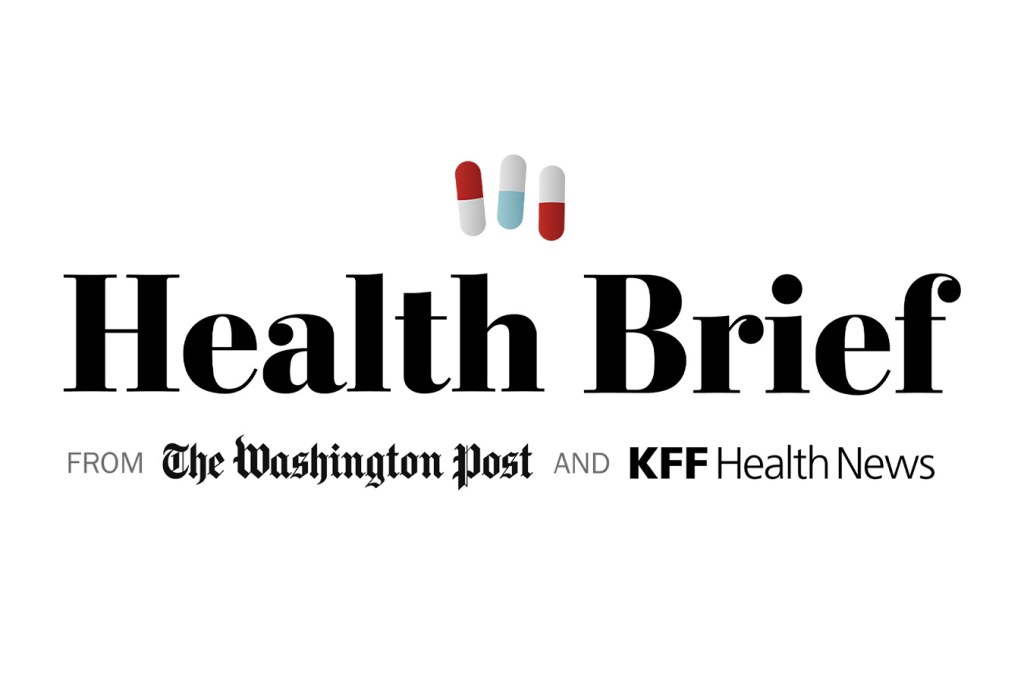If your doctor can’t see you now, maybe the nurse practitioner can. Health Brief is a coproduction of The Washington Post and KFF Health News. Nurse practitioners have long been a reliable backstop for the primary-care-physician shortfall, which is this year and projected to get worse.
But easy access to NPs could be tested in coming years. Even though nearly are certified to work in primary care, only about a third choose the field, according to . Health-care workforce experts worry that NPs are being lured toward work in specialty practices for the same reason that some doctors steer clear of primary care: money.

“We get what we pay for,” said , an associate professor of health policy and management at y. Physicians must do a residency and usually a fellowship, and pass muster with a national certifying body to practice in a specialty such as oncology or endocrinology. But NPs generally don’t need to be endorsed by a standard-setting group before transitioning to specialty care.
There are advanced programs in specialties such as or that they can enroll in if they wish, but it’s not required. There’s not much data on salary differences among NPs, but according to , a staffing firm, specialist NPs and physician assistants make about $6,000 more annually on average than those in general practice. In Yankton, S.
D., nurse practitioner is studying for a certificate in endocrinology from a local university to boost her knowledge and increase treatment options for patie.























